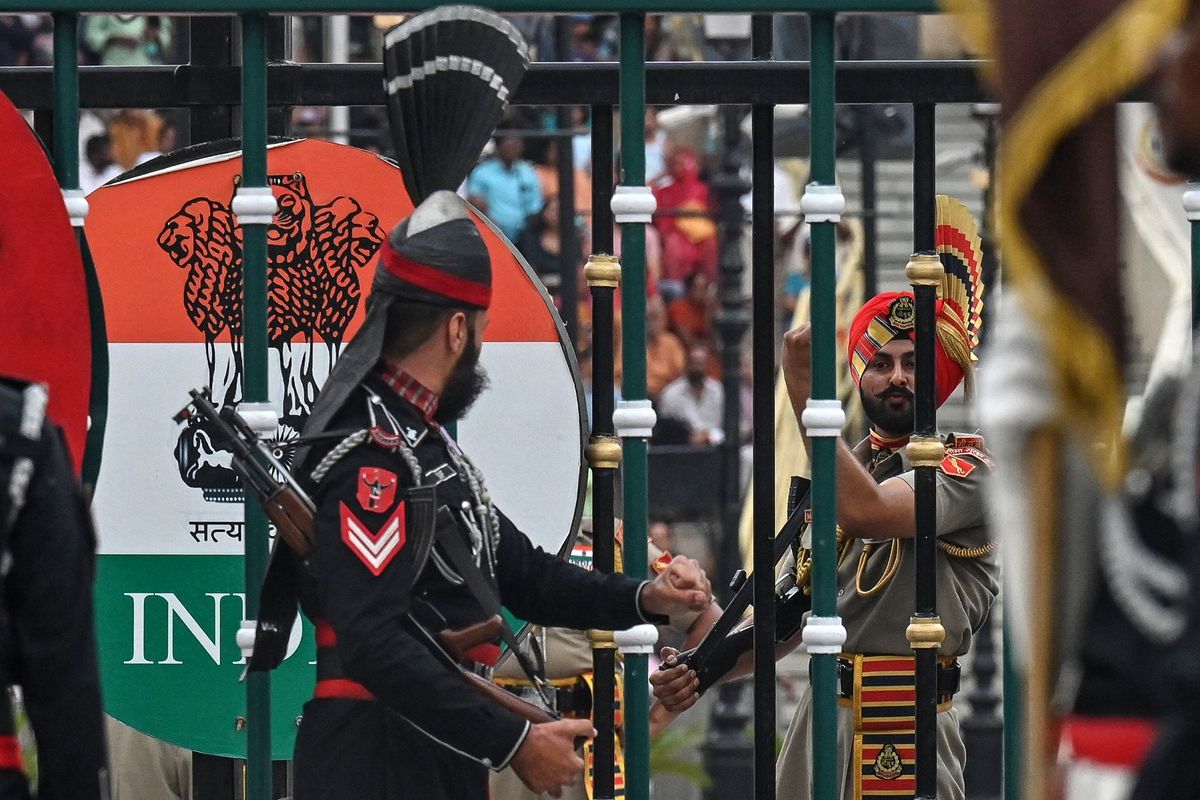India and Pakistan trade nuclear barbs after deadliest clash in two decades
Ceasefire holds after deadly border clash, but nuclear accusations spark fresh tensions between rival South Asian powers
News Desk
The News Desk provides timely and factual coverage of national and international events, with an emphasis on accuracy and clarity.

Foreign ministry urges IAEA to investigate 'repeated theft incidents' in India
Pakistan alleges 'black market for sensitive, dual-use materials inside India'
Diplomatic tensions continue despite military ceasefire holding after deadly conflict
India and Pakistan have escalated their war of words following their most serious military confrontation in two decades. The exchange comes just days after a ceasefire was brokered on Saturday, ending four days of intense fighting.
Indian Defense Minister Rajnath Singh questioned Pakistan's nuclear responsibility during an address to troops in Srinagar, stating: "I wanted to raise this question for the world: are nuclear weapons safe in the hands of a rogue and irresponsible nation?"
In a statement hours later, Pakistan's Ministry of Foreign Affairs said the IAEA should instead probe "the repeated theft and illicit trafficking incidents involving nuclear and radioactive material in India".
"These incidents also suggest the existence of a black market for sensitive, dual-use materials inside India," it added.
Among these was a case last year in which suspects were reportedly arrested with radioactive material stolen from the Bhabha Atomic Research Centre in Dehradun. Officials also highlighted the seizure of Californium—a rare radioactive element valued at approximately $100 million—along with three similar incidents documented in 2021.
The military conflict, which began on May 7 when India launched strikes against alleged "terrorist camps" in Pakistan, resulted in nearly 70 deaths including dozens of civilians on both sides. The strikes followed an April attack in Indian-administered Kashmir that killed 26 people, which India blamed on Pakistan-backed militants.
"Pakistan's conventional military strength is sufficient to deter aggression without resorting to India's self-imposed nuclear blackmail," the ministry stated, accusing India of misunderstanding the role and authority of the International Atomic Energy Agency (IAEA).
Talk of nuclear conflict 'sheer stupidity'
Despite nuclear capabilities on both sides, Pakistani officials repeatedly stated that nuclear options were never considered during the conflict. Military spokesman Ahmed Sharif Chaudhry emphasized that escalation between "rival nuclear powers" would be "inconceivable and sheer stupidity," noting that conflict "can lead to the peril of 1.6 billion people."
The US-brokered ceasefire has held since the weekend, though Pakistan's Prime Minister Shehbaz Sharif expressed concerns to UN Secretary-General Antonio Guterres about "continued provocative and inflammatory remarks by Indian leadership" threatening regional peace.
*With input from AFP










Comments
See what people are discussing